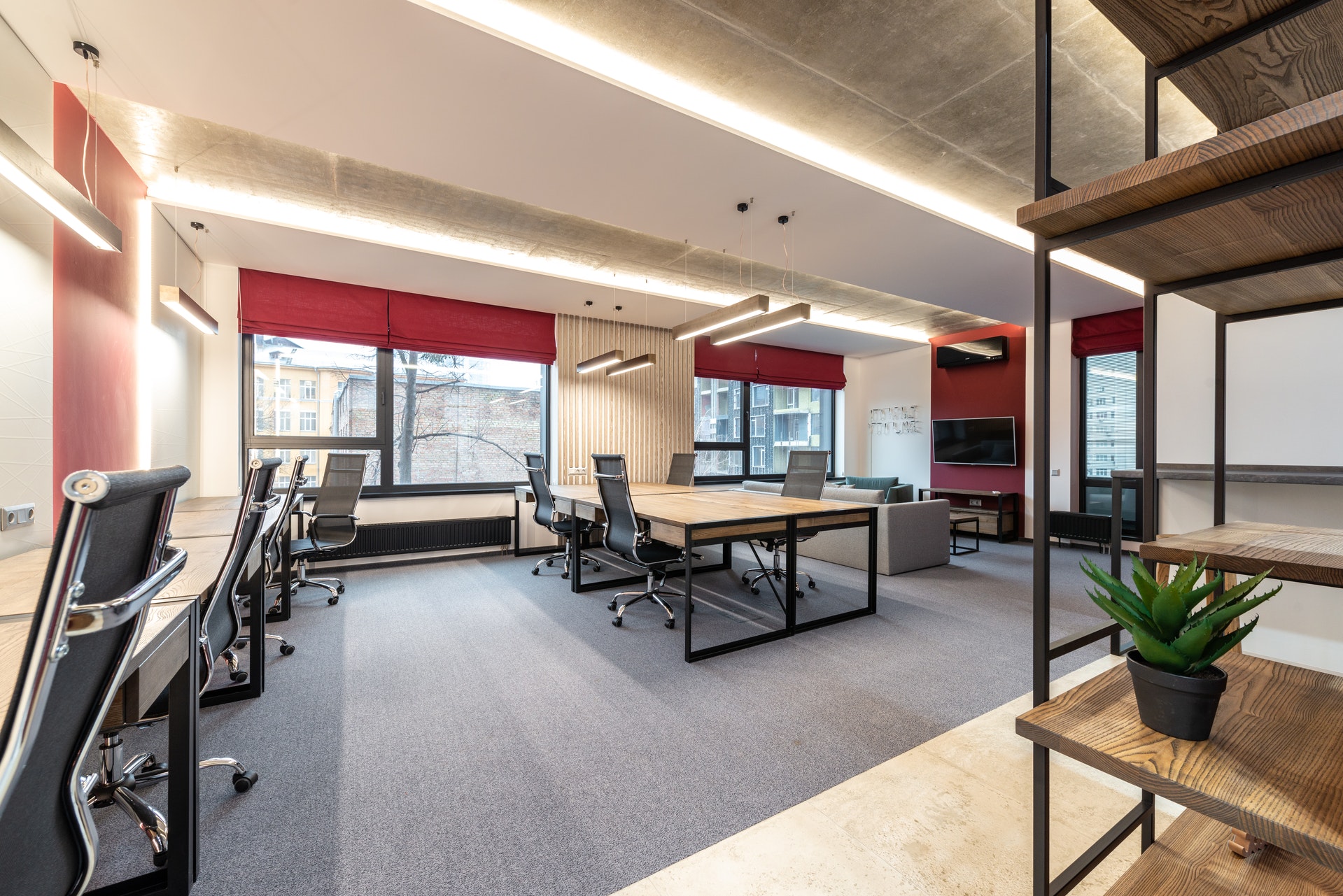Beverley Slater, Director of the Improvement Academy, considers what will be important for health and care organisations preparing to go forward into a post-pandemic (maybe covid-endemic) world.
We never thought it would be like this.
Our experience of the pandemic, the twists and turns, the ups and downs, have continued to surprise, dismay and daunt us throughout the past eleven months.
We never thought it would last this long.
But courtesy of the vaccine and vaccine boosters, we are beginning to can see a time when meetings, holidays and parties may once again be possible. And once again health service organisations will be gathering up lessons and learning – and resolving to keep the best of it in our ongoing practice.
It’s time to revisit my earlier blog written in July 2020, as we were coming out of our first lockdown in the UK. At that point there was a concern expressed by people across our whole system of care, including system leaders, managers, frontline workers and academics, not to lose the lessons and unexpected benefits of the new ways of working. We wanted to prevent things slipping back into the old ways. Clinicians, working collaboratively with managers, were leading the pandemic response and managers were fulfilling the role as enablers. Virtual technology was proving to be unexpectedly easy to adopt and was an efficient (and not unpleasant) way to do clinical consultations, manage team meetings and develop wide-ranging collaborations. These were lessons that we wanted to keep.

Having had a few more months of living under pandemic conditions, the context is now changing. We are becoming habituated to features of our life that were once novel. The original conditions that allowed the clinical voice to lead the response and the managers to be enablers have also changed. For the first lockdown the NHS paused all but the most urgent treatments in order to focus on helping patients with coronavirus. The NHS is now aiming to deliver usual care to the full breadth of patients in addition to treating patients with Covid-19. Managers too are now picking up on their usual reporting responsibilities within the existing performance management and governance frameworks. Frontline staff are exhausted from the continuous effort. The risk is that once the pandemic crisis really does ease, there will be a new crisis caused by an exodus of burnt out and exhausted clinical staff and other key workers.
Rather than fearing that we may lose some of these new ways of working, we may now fear that we may never re-establish some of the old ‘in person’ and personal ways of working and caring that it has not been possible to practice for almost a year now.
As we think about preparing to go forward into a post-pandemic (maybe covid-endemic) world, how should we prepare to take the best of our learning and innovation forward?
One thing we have all certainly learned through experience is that it is possible to organise work differently. For some, that has meant finding out that our jobs can be done productively from home. For others, it has meant the stress of being asked to accept long hours and responsibilities in roles we have not been trained for. Many of these work changes have been stressful and difficult. In addition to work-based changes, some people have been combining work with home-schooling children, or supporting elderly relatives without being able to visit, or shielding ourselves, or losing a source of income. Everyone’s circumstances have been different. The extent that we have felt cared for by our colleagues, by our service users, and by our employers has been critical. One way of describing this is the extent to which our places of work demonstrate the kind of ‘just culture’ where employees are treated fairly. This is a work space where justice and fairness are routine.
When this pandemic does end and we come to design work and work spaces in the future, or select careers to pursue, the choices we make will reflect our experience during these hard times. It is inevitable that staff well-being will be high on the agenda for health and care services. Kindness, flexibility and appreciation will all matter. We need to ask the question now, are we ready to start working towards a ‘just culture’?
Click here to find out more about the Improvement Academy’s ‘Just Culture’ Network or contact Academy@yhia.nhs.uk.
